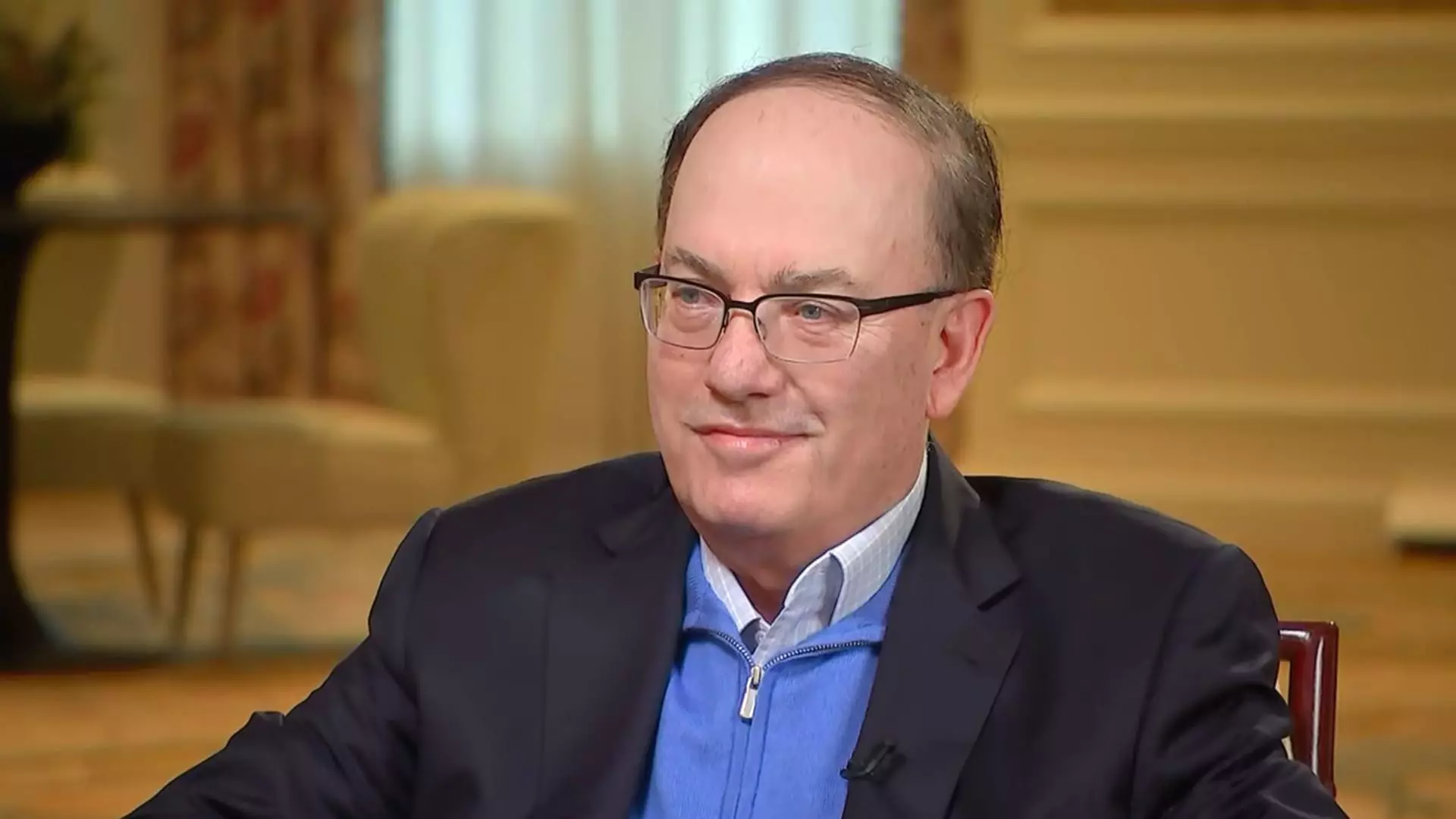The insights of billionaire investor Steve Cohen reflect a troubling forecast for the U.S. economy, stemming from a combination of protective tariffs, restricted immigration, and significant cuts in federal spending. As the chairman and CEO of the hedge fund Point72, Cohen’s stance offers a critical view on governmental economic strategies that could have lasting implications for growth and stability. His comments, articulated at the recent FII Priority Summit in Miami Beach, denote a cautious outlook shaped by policies that may hinder economic momentum.
Cohen underscored his concerns regarding the impact of tariffs, labeling them as detrimental—essentially a tax that would be borne by consumers and businesses alike. The aggressive trade policies established under the previous administration, particularly by former President Donald Trump, have raised red flags for investors and economists alike. He cited these tariffs as contributing to inflationary pressures, which combined with decreased consumer spending power, threatens to stifle economic growth. If consumers face higher prices due to increased tariffs, the propagation of less discretionary spending is likely to undermine various sectors reliant on consumer confidence.
The issue of immigration, which has been a focal point of national policy, also plays a crucial role in shaping economic prospects according to Cohen. He expressed concern that a stringent immigration policy could yield a contraction in the available labor force. As jobs grow and labor demands increase, a limited influx of workers may slow down productivity and innovation, effectively creating a bottleneck in economic progression. With Cohen’s assertion that the labor force will not expand at the pace seen in recent years, it poses a question mark over the sustainability of current economic growth rates.
Cohen also expressed skepticism towards the drastic spending cuts proposed by influential figures such as Elon Musk, who aims to curtail federal expenditure by $2 trillion. While fiscal prudence is essential, Cohen warns of the ramifications if such money—which has supported growth and stability in various domains over time—disappears or is significantly reduced. The paradox remains that while lowering spending could help balance budgets, it could equally curtail necessary investment in public goods and services that bolster economic health.
As Cohen predicts a slowdown in U.S. economic growth, estimating the rate may decrease to 1.5% from the previous 2.5%, he also intimates that investors should brace for a potential market correction. He notes that we may be on the cusp of a regime shift, meaning past strategies that yielded gains may require reevaluation. This shifting landscape demands astute analysis and perhaps even recalibration of investment portfolios to offset the anticipated downturn.
Cohen’s assessment serves as an essential reminder of the interconnected nature of economic policy and market performance. As the U.S. navigates these challenging waters, stakeholders must engage in informed decision-making to mitigate risks associated with inflation, labor market constraints, and fiscal policy shifts.

